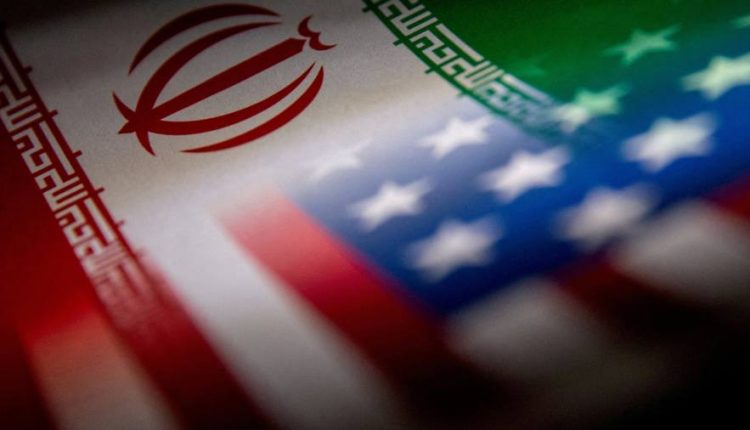Receive free US-Iran tensions updates
We’ll send you a myFT Daily Digest email rounding up the latest US-Iran tensions news every morning.
The Biden administration formally notified Congress on Monday that it will release $6bn in frozen Iranian funds and intends to release five Iranian prisoners in a sign that efforts to decrease tensions between the powers may soon bear fruit.
Tehran recently transferred five US citizens from Evin prison to house arrest, kicking off an arrangement that Washington hopes could bring progress on talks about the Islamic republic’s nuclear programme and other areas of tension.
The five American citizens held in Iran could return to the US this month, once Washington releases $6bn in Iranian oil revenue that is frozen in South Korea. Monday’s notification was the first official confirmation that the deal will also include the release of five Iranian prisoners, though the US did not reveal their identities.
“The US has agreed to allow the transfer of funds from South Korea to restricted accounts held in financial institutions in Qatar and the release of five Iranian nationals currently detained in the United States to facilitate the release of five US citizens detained in Iran,” a state department official said on Monday.
US secretary of state Antony Blinken signed a waiver last week that will allow the Biden administration to transfer the funds from South Korea. American officials have said Iran will only be allowed to use the funds to purchase humanitarian goods.
US National Security Council spokeswoman Adrienne Watson said Blinken’s signing of the waiver is “a procedural step”.
“What is being pursued here is an arrangement wherein we secure the release of five wrongfully held Americans,” Watson said. “This remains a sensitive and ongoing process.”
She said Biden administration officials will brief Congress about the deal this week.
The Americans expected to be released from house arrest in the coming weeks include Emad Shargi, Morad Tahbaz and Siamak Namazi. There are two other prisoners whose identities have not been released.
Since 2018 when then-president Donald Trump pulled the US out of the 2015 nuclear deal, Iran has been unable to access tens of billions of dollars of its oil funds held by foreign central banks.
Western diplomatic efforts to address Iran’s nuclear programme have repeatedly stalled but have picked up pace in recent months.
Republican lawmakers criticised the developments on Monday, in a hint of their future opposition to any nuclear arrangement should the effort proceed.
“This creates dangerous incentives to capture Americans abroad, provides Iran a cash windfall as it continues to attack US troops & sell drones to Russia,” Jim Risch, the top Republican on the Senate foreign relations committee, said on X, formerly Twitter.
Read the full article here

